Discover the legendary Wakizashi – the perfect blend of precision and tradition! Crafted with high-quality steel and authentic Japanese artistry, our Wakizashi swords offer unmatched durability and elegance. A favorite among collectors and martial arts enthusiasts in the US, these compact yet powerful blades deliver exceptional balance and sharpness. Whether for display or practice, our Wakizashi stands out as a must-have masterpiece. Join thousands of satisfied customers and own a piece of samurai heritage today!
Battle Ready WakizashiShirasaya Wakizashi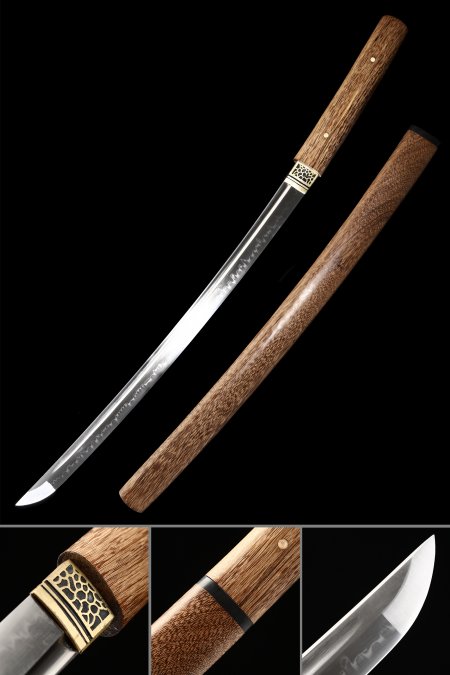
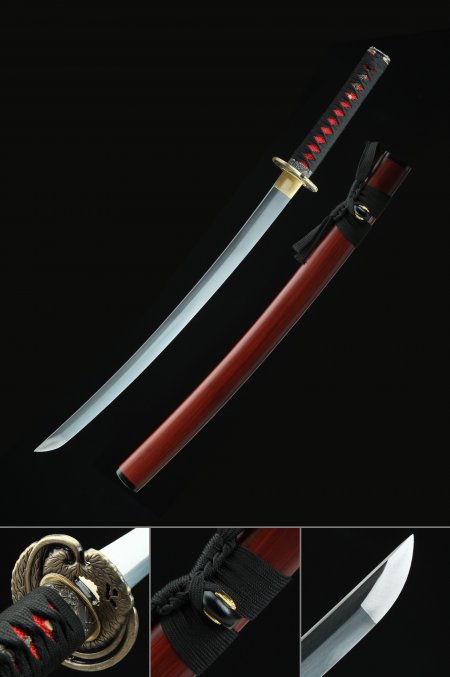
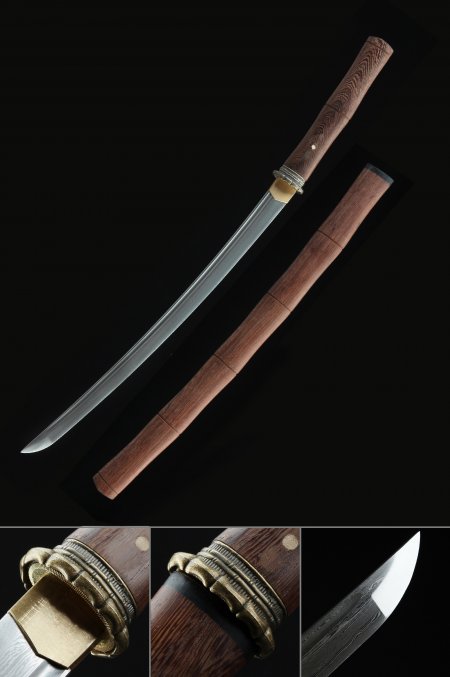
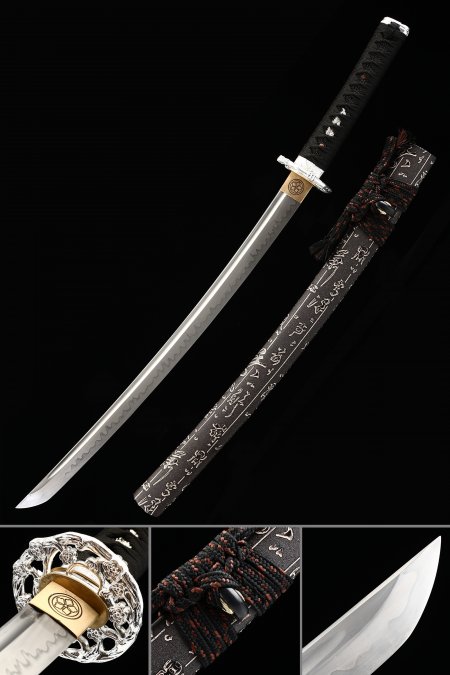
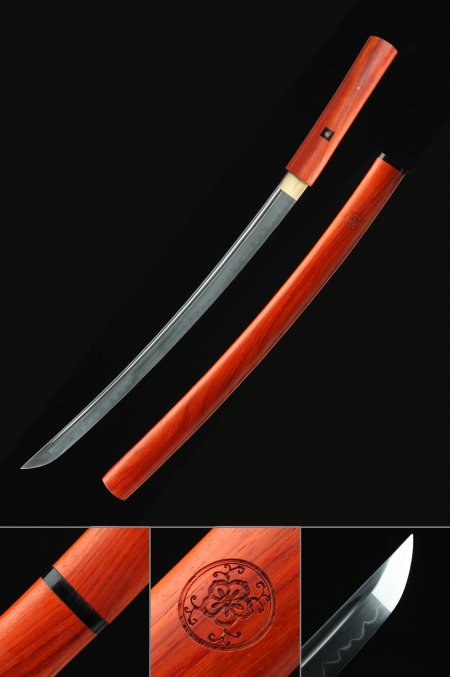
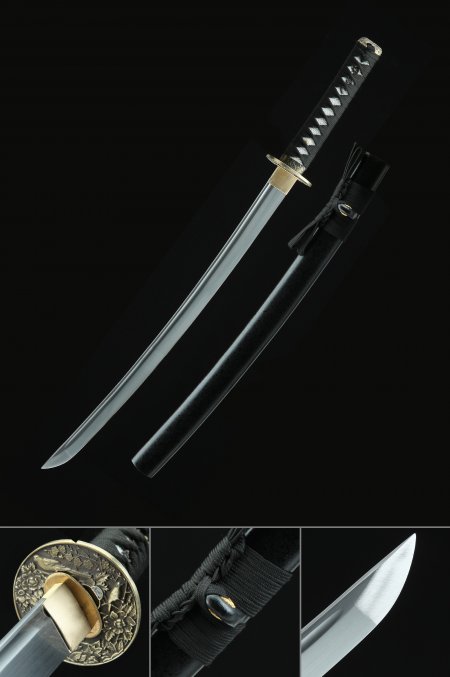
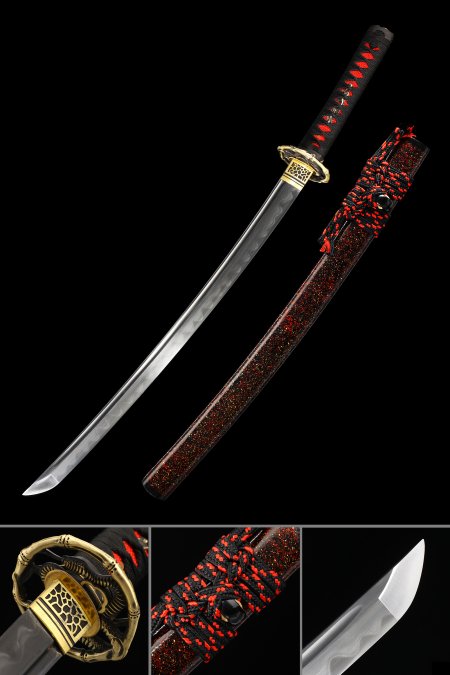
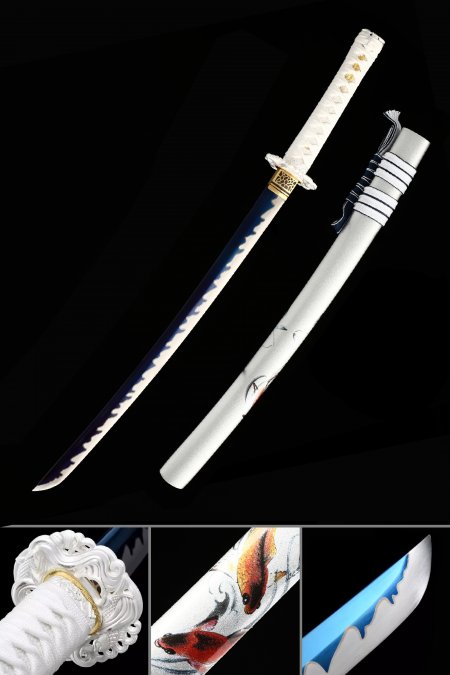
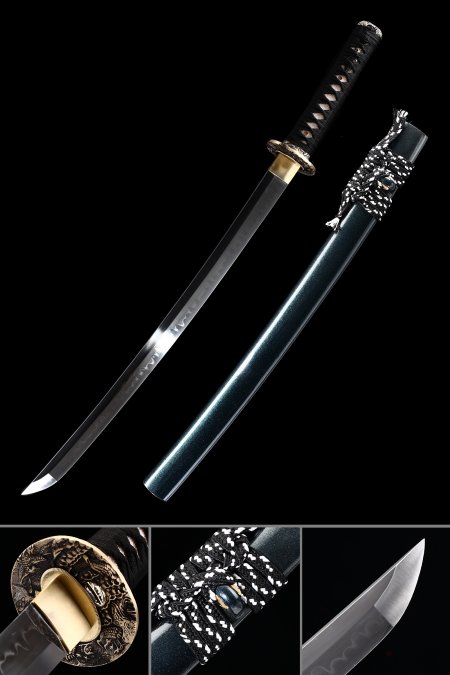
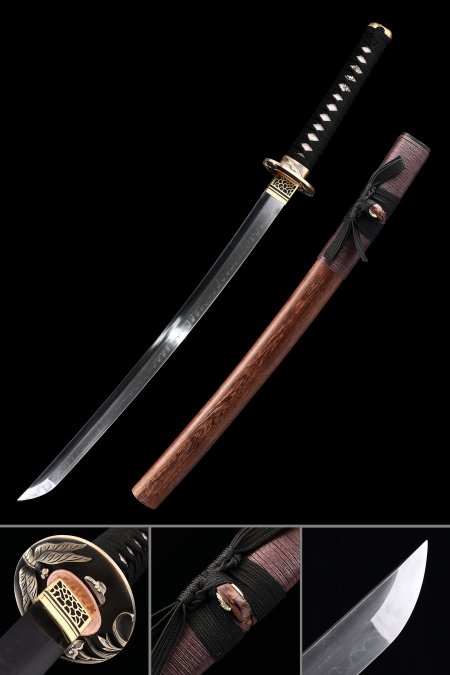
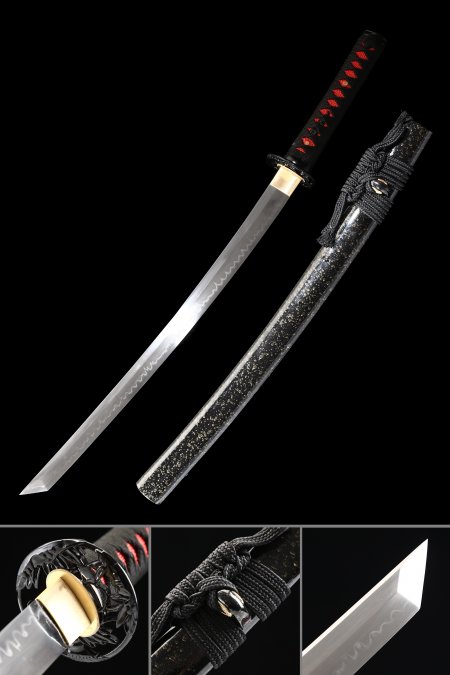
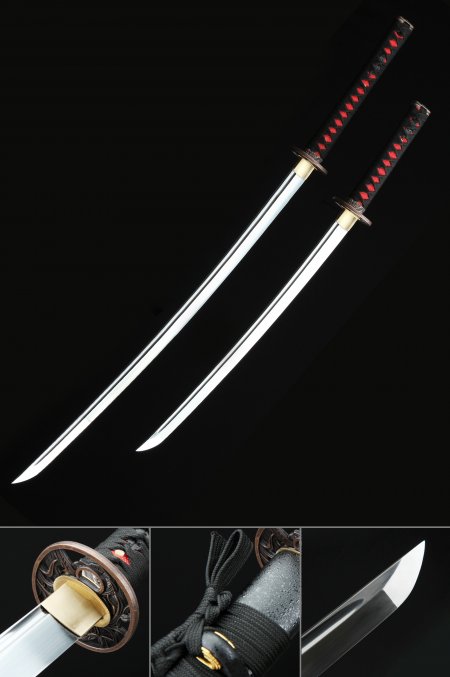
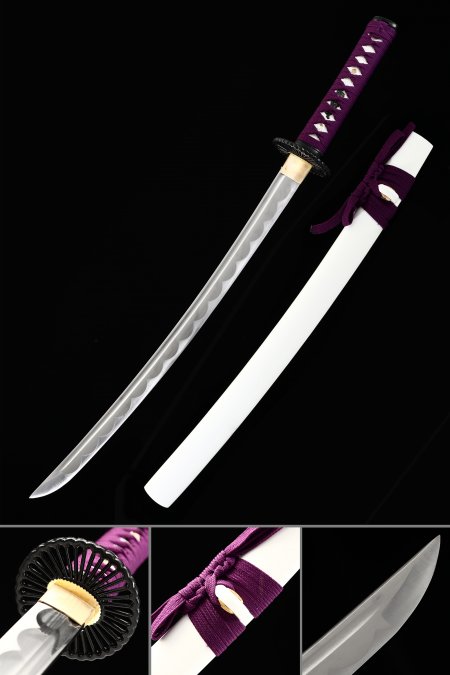
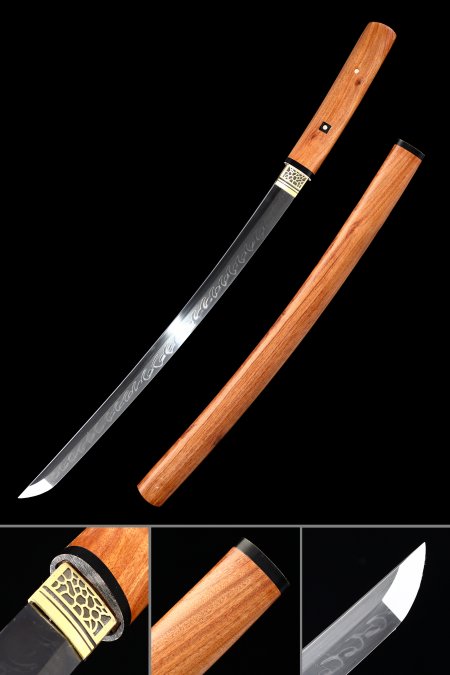
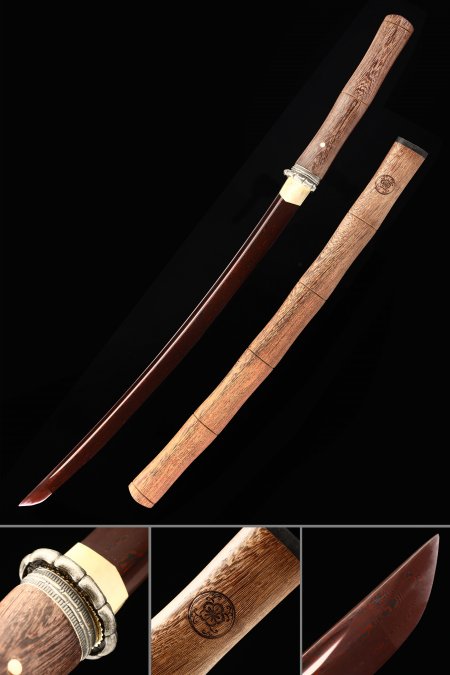
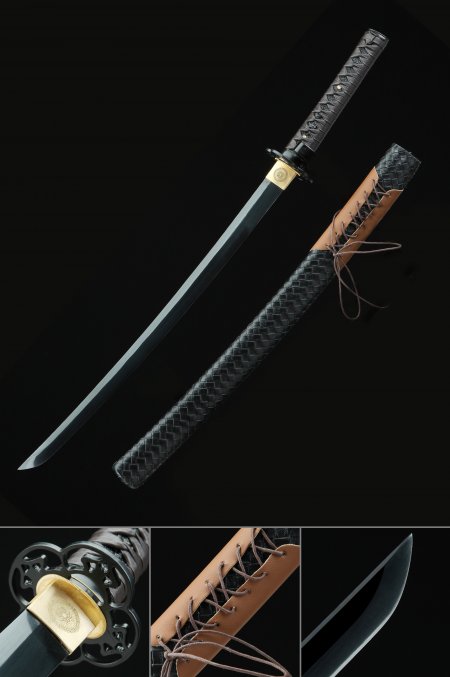
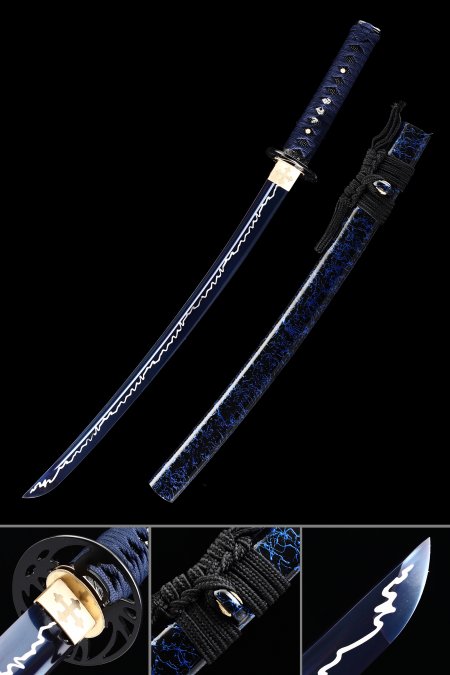
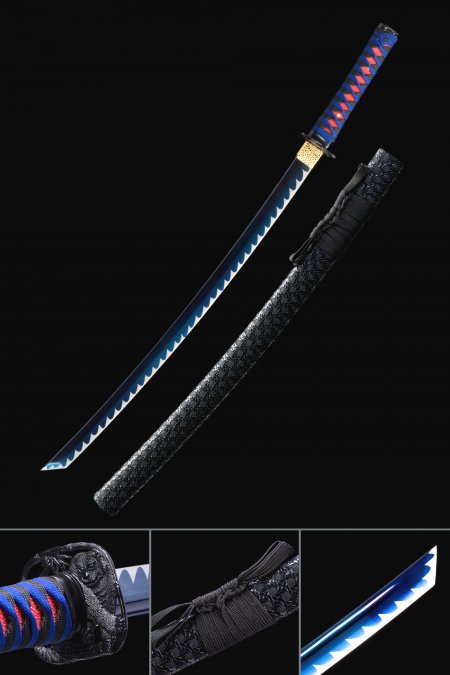
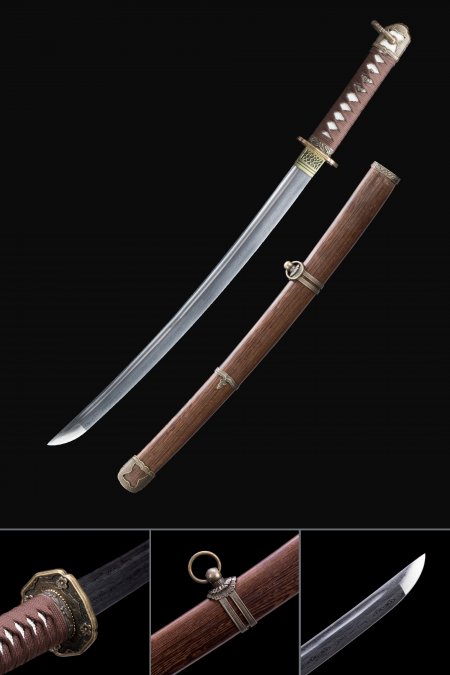
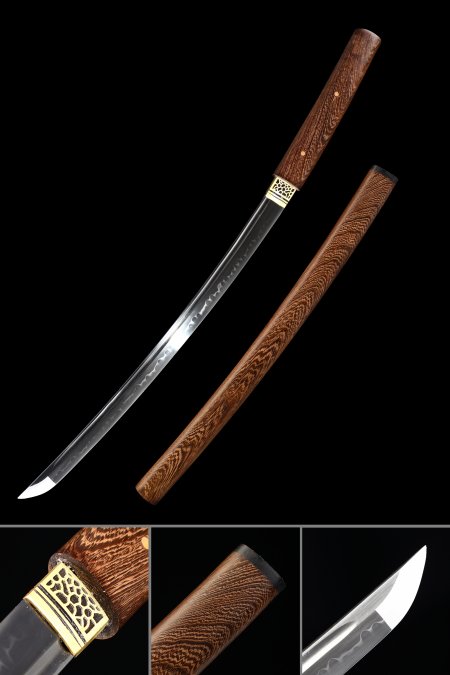
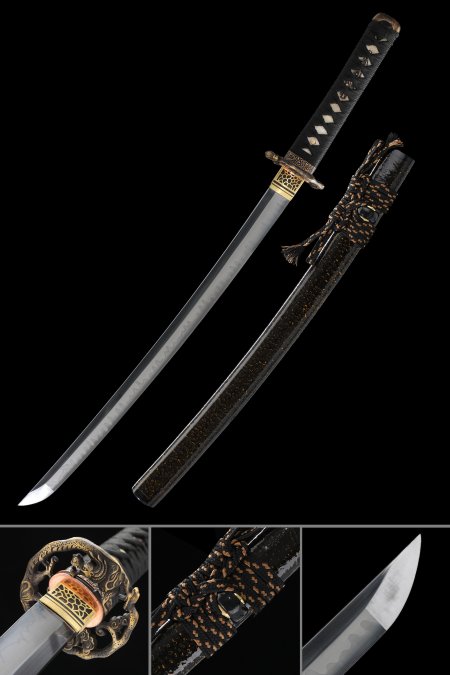
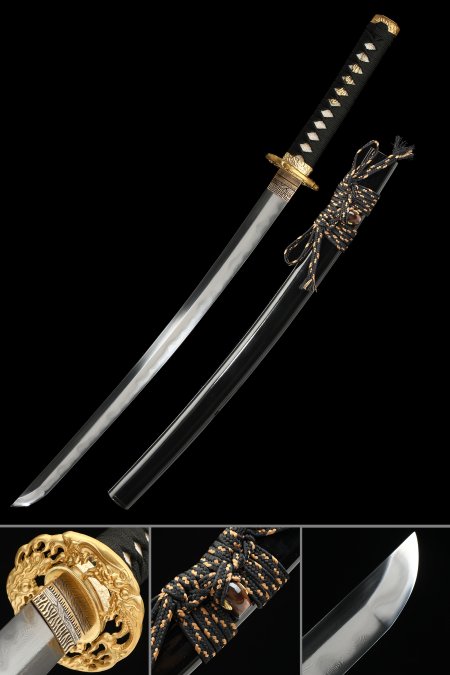
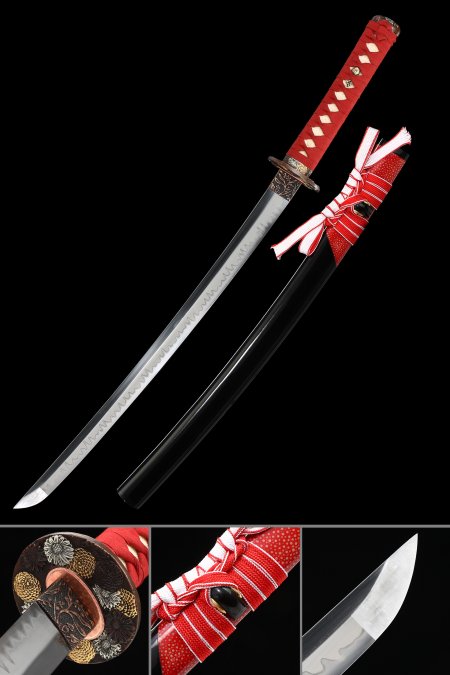
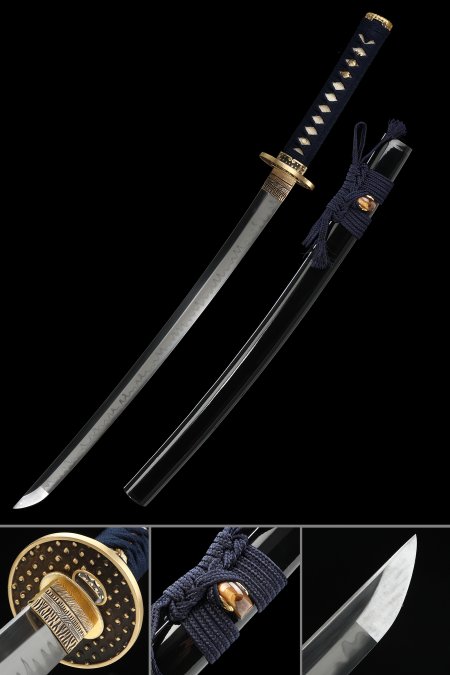
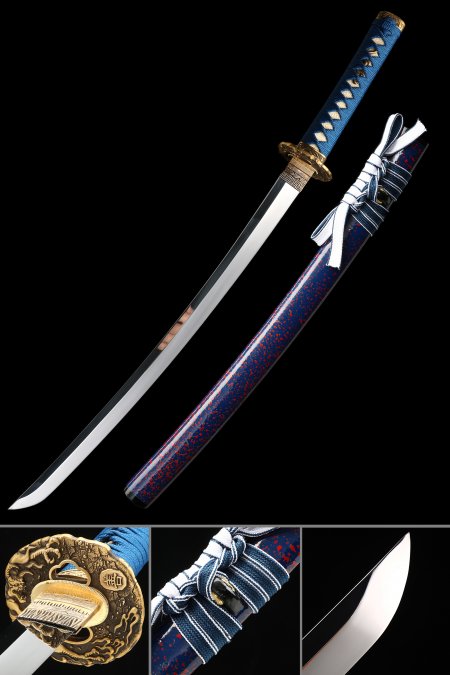
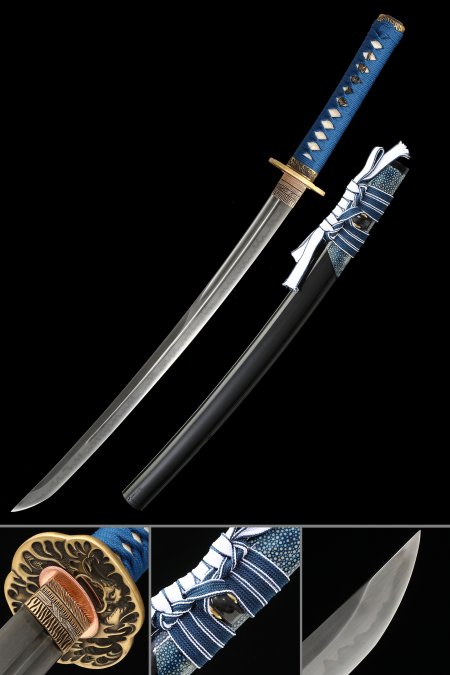
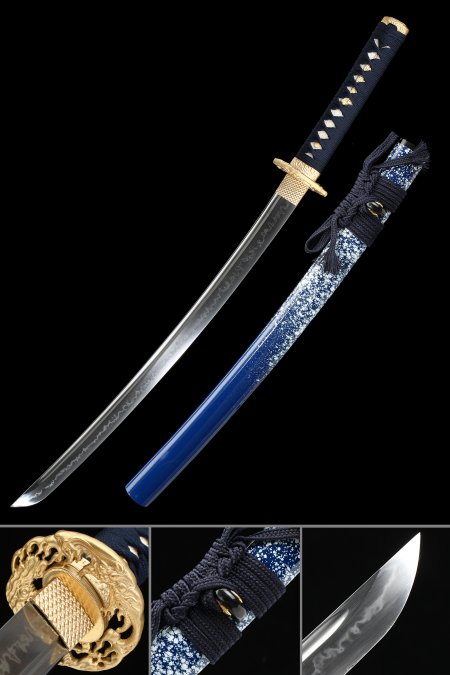
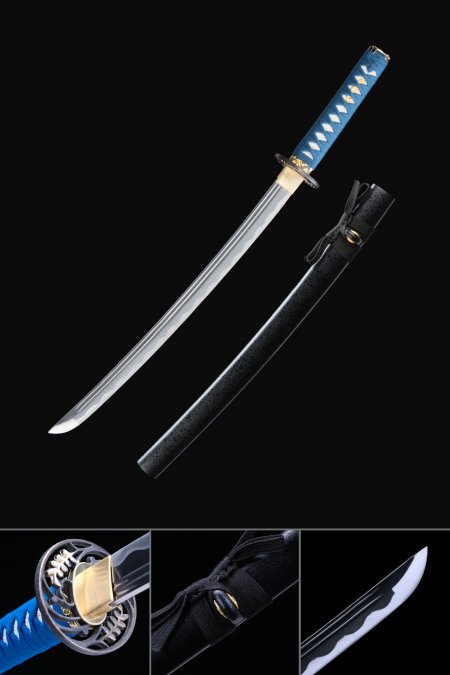
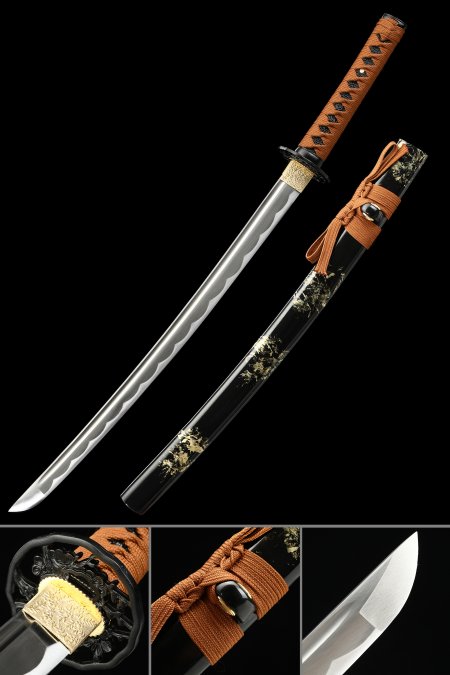
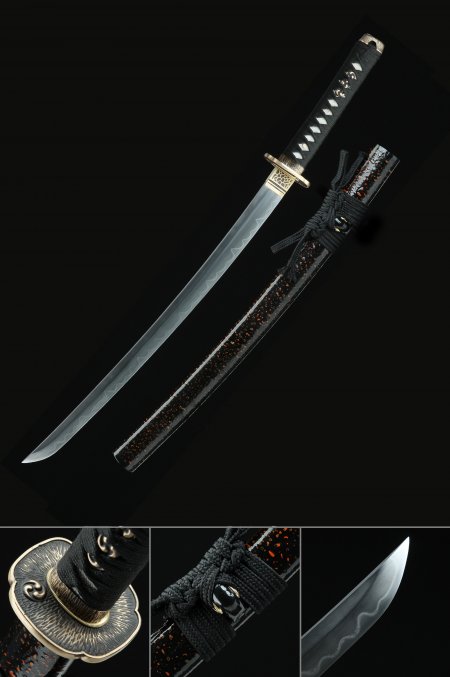
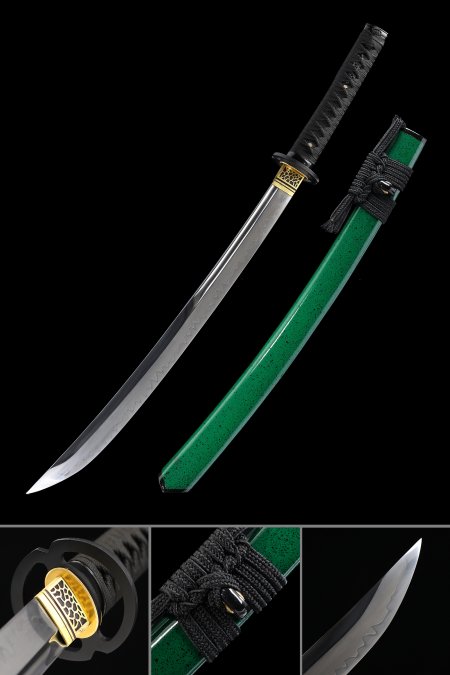
really nice wakizashi. sharpens right up. looks great on it's stand. well packed, on time, as advertised.recommended.
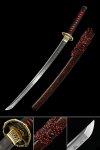 |
Handmade Japanese Wakizashi Sword 1000 Layer Folded Steel Real Hamon With Red Scabbard |
I've bought 3 swords: katana, tanto and wakuzishi from Truekatana. Very happy with service and quality. Would recommend to anyone.
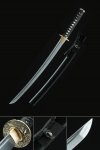 |
Handmade Japanese Wakizashi Sword High Manganese Steel With Black Scabbard |
Great sword, amazing value, helpful customsr service.
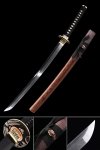 |
Handmade Wakizashi Sword T10 Folded Clay Tempered Steel With Brown Scabbard |
All three blades were made beautifully. My now ex fiancé loved them
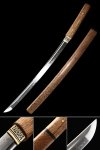 |
Handmade Shirasaya Wakizashi Sword T10 Carbon Steel Without Tsuba |
It's a beautiful piece, finely crafted and perfect to hang up
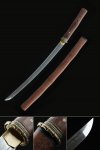 |
Handmade Japanese Wakizashi Sword Damascus Steel With Brown Scabbard |
The sword I ordered reached safely in good condition to Indonesia. The quality is good no complaint. The people in True Katana are friendly and helpful. Thank you True Katana
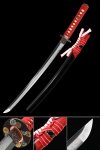 |
Handcrafted Full Tang Japanese Wakizashi Sword T10 Carbon Steel With Clay Tempered Blade |
It is a wonderful object…r
Though I made a mistske; I wanted the one blonde one that is 1.5 pounds!r
Any chance to exchange, or have a good deal on that lighter one?
 |
Handmade Shirasaya Wakizashi Sword T10 Carbon Steel Without Tsuba |
I'm still waiting for the rest of my order. Both items were ordered at the same time. I didn't get the other item in time for Christmas.
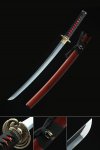 |
Handmade Wakizashi Sword High Manganese Steel With Rosewood Scabbard |
The wakizashi is similar to the katana but shorter in length. The average Wakizashi is about 50 cm long and was usually worn together with the katana by the Samurai of feudal Japan. When worn together the pair of swords was called Daish, which translates to large and small. This sword acted like a side weapon and was worn by the Samurai at all times.